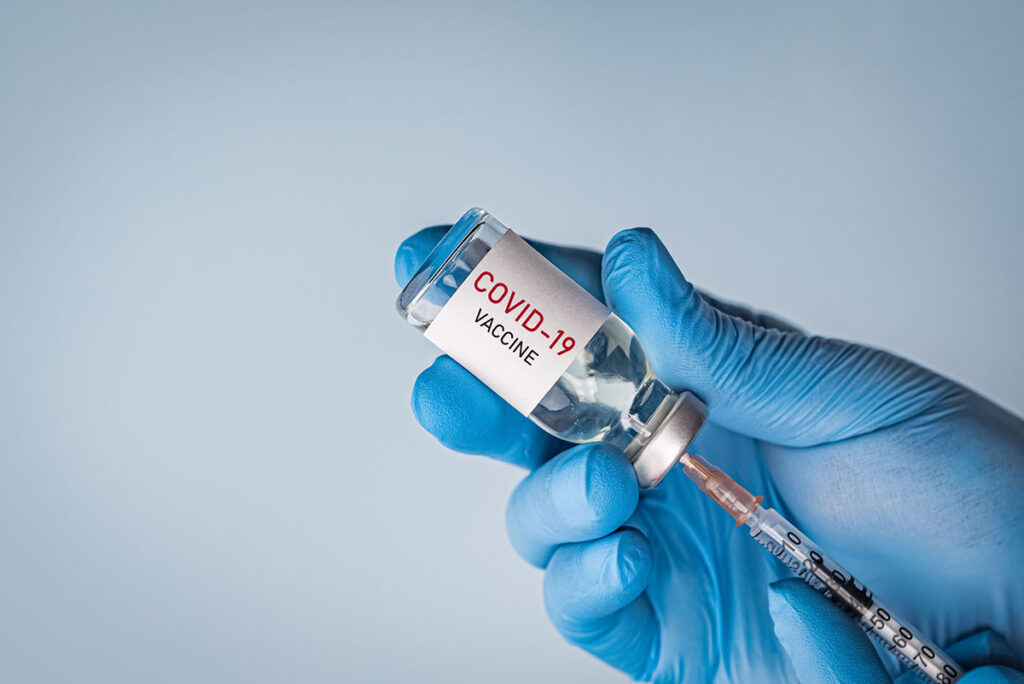It is no secret that the Waco Division of the Western District of Texas is the rising star of patent litigation. Judge Alan Albright successfully marketed the district to patent infringement plaintiffs to become the country’s busiest patent judge. One attraction of the Western District is that Judge Albright moves his cases quickly. However, the surge of COVID-19 cases has hindered the Court’s ability to hold trials.
With an already cramped docket and a continuing distaste for delaying or postponing deadlines, Judge Albright has maintained his position of holding in-person trials and proceedings at the Waco division’s courthouse. With COVID-19 restrictions left to local authorities, Austin and Waco, both cities within the Western District of Texas, are working under different constraints. In Austin, the federal courthouse has been inconsistently open and closed to in-person proceedings as the elected officials manage the spread of COVID-19 in the area. Waco’s courthouse, 105 miles north, has remained open to conducting in-person business while practicing social distancing and other COVID-19 protocols.
Recent rulings by Judge Albright
Parties in Waco are unlikely to get postponement of in-person jury trial due to COVID-19 unless the parties agree. After a joint request, Judge Albright recently signed an order postponing until April a jury trial previously set for February in the Digital Retail Apps, Inc. v. H-E-B, LP case. However, in cases where the plaintiff wants to proceed with trial, Judge Albright will do what he can to hold the trial.
In fact, Judge Albright has gone so far as to transfer a case back to Waco from Austin as the most recent order in Austin restricts in-person proceedings through June 2021. In late December 2020, Judge Albright issued an order transferring the VLSI Technology, LLC v. Intel Corporation case from Austin to Waco after months of postponement due to COVID-19. The case was originally filed in April 2019 in Waco over allegations that Intel’s Ivy Bridge and Skylake processors infringed VLSI’s chip patents.
At Intel’s request based on convenience factors of section 1404(a), Judge Albright transferred the case from Waco to Austin as he has done before in other cases. Then the COVID-19 pandemic arrived, shutting down the Austin courthouse to in-person trials. So, in November, Judge Albright transferred the case from Austin to Waco solely for trial under his inherent authority. Intel filed a mandamus petition with the Federal Circuit. The Federal Circuit ruled that the judge did not have the authority to transfer only the trial back to Waco, but left open the question of whether the judge could transfer the case back to Waco under a section 1404(a) analysis of the convenience factors.
After receiving the ruling, VLSI then filed a motion to transfer the entire case back to Waco from Austin. Judge Alright granted the motion and Intel filed a second mandamus petition with the Federal Circuit. Noting that mandamus is a “drastic” remedy, the Federal Circuit panel held that it would not “second guess” Judge Albright’s decision to transfer the case back to Waco as long as there is plausible support in the record for his decision. Here, the Federal Circuit found that Judge Albright appropriately considered whether “unanticipated post-transfer events frustrated the original purpose of the transfer” of the case, and that Judge Albright’s conclusion that transfer was warranted was not a clear abuse of discretion.
Covid0-19 Restrictions for Patent Trials in Waco
The VLSI case is set for trial next week. As a precaution, Judge Albright has mandated daily covid-19 testing for all trial participants, court staff, and jurors and will not be allowed to enter the courthouse unless the test is negative. If anyone tests positive, the nurses will communicate that fact without identifying the individual, and then Judge Albright will hold a conference to determine next steps. Judge Albright is also limiting the number of people who can be present in the courtroom. Each side can have a maximum of six trial participants in the room, not including testifying witnesses. An overflow room with a live video feed will be provided for a maximum of 30 people.
Judge Albright will also be making the video feed available remotely to counsel and witnesses for the parties, and an audio feed of the trial proceedings will be available for the public to listen over the phone. All jurors will be provided N95 masks and face shields and will be required to maintain six feet of separation. For more details, see a copy of the Court’s order here.
As Judge Albright fights to move his already-packed docket, COVID-19 has not made it easy. However, Judge Albright has shown that he is willing to do what it takes to hold trials while also implementing thoughtful protocols for avoiding the spread of COVID-19. Although these changing restrictions and a judge tight on time may cause some cases to be delayed, parties desiring a speedy resolution are not likely to be disappointed by Judge Albright’s efforts.
*Vincent Allen is a partner focusing his practice on intellectual property litigation and management of IP portfolios. He earned his law degree from Baylor Law School in Waco, where the firm recently opened an office. If you need help with patent litigation in Waco or elsewhere, please give Vincent Allen a call at 972-367-2001 or send an email to allen@caglaw.com.


